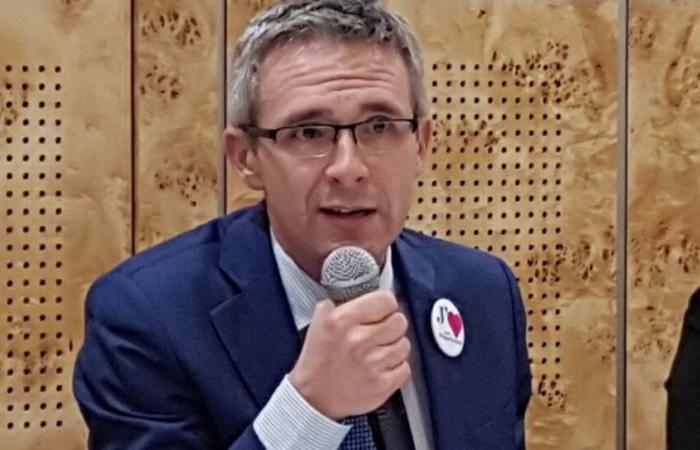Sent by post to the Élysée Palace, this invoice is presented in the humorous form of a receipt listing a “sous-compensation” expenses for solidarity allowances or investment in school buildings, with a sum of several tens of millions of euros to be paid in each case.
Allowances such as the active solidarity income (RSA) or the personalized autonomy allowance (APA) are traditionally paid directly by the departmental councils, which in exchange receive financial compensation from the State.
“The compensation methods are insufficient, obsolete and totally unfair with regard to a certain number of criteria which have been accumulated over the years. When public money becomes scarce, the least we can do is try to bring a little justice to its distribution”estimates the president of the departmental council, Stéphane Troussel (PS).
According to him, the poorest department in mainland France thus has to pay 66% of the APA, compared to 57% of the national average, causing a loss of 74 million euros for its budget.
For the disability compensation benefit (PCH), the State would only compensate Seine-Saint-Denis up to 26% compared to 40% on average across France, i.e. a gap of 104 million euros for departmental finances.
“The State transferred part of social protection to the departments and, year after year, continued to undercompensate to pay the 62 billion annual tax gifts,” adds the elected socialist.
The departments devoted 41.6 billion euros to social assistance in 2022, spending up 3% year-on-year, driven in particular by social assistance for children and social assistance for children and assistance to the elderly or disabled.






